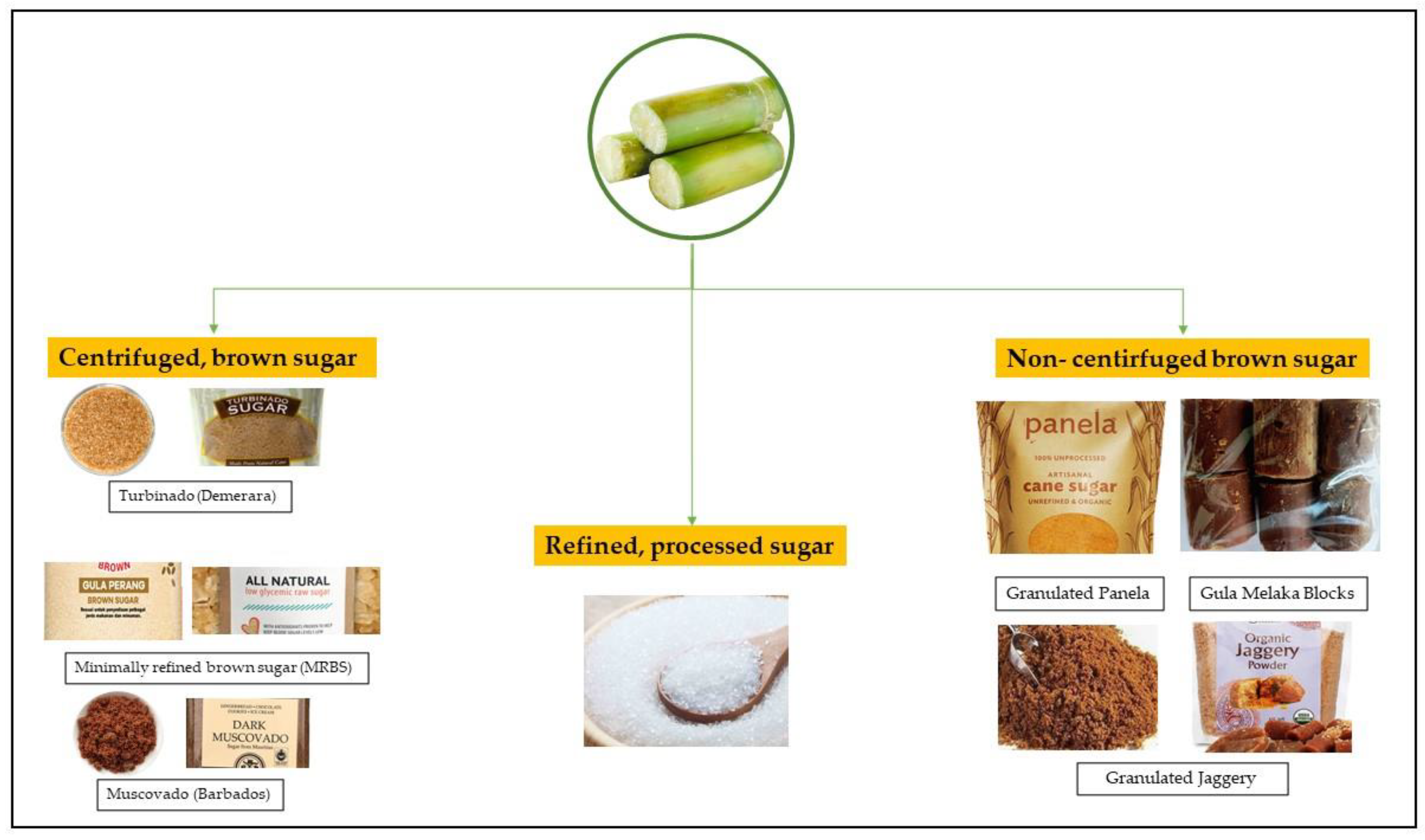Uncovering the Fact Regarding Sugar Chemicals and Their Duty in Modern Diets
You might not realize exactly how sugar chemicals affect your diet and health and wellness. Hidden sugars in refined foods can surge your blood sugar, influencing everything from metabolic rate to state of mind.
The Different Kinds Of Sugar Chemicals in Our Diet Regimens
When you take a closer take a look at the different sugar chemicals in your diet plan, you'll discover that not all sugars are created equal. They can be extensively categorized right into easy and intricate sugars. Simple sugars, like glucose and fructose, are conveniently soaked up and can increase your energy quickly. You'll often discover them in fruits, honey, and processed foods. Then there are complicated sugars, like sucrose and lactose, which take longer to damage down and offer a steadier power release.
In addition, sugar alcohols, such as xylitol and erythritol, deal sweet taste with fewer calories and less influence on blood glucose degrees, but they can trigger digestive problems if consumed over. Comprehending these differences assists you make informed choices about what fuels your body. By recognizing the types of sugar chemicals you eat, you can much better handle your power levels and general health and wellness.
Natural vs. Sweetening Agents: What's the Distinction?
Recognizing the sorts of sugar chemicals in your diet plan causes an essential distinction between natural and sweetening agents. All-natural sweeteners, like honey and syrup, come from plants and contain nutrients and anti-oxidants. They're minimally processed and commonly provide an extra intricate flavor account. On the other hand, artificial sugar, such as aspartame and sucralose, are chemically synthesized and don't supply the very same nutritional advantages. They're commonly used in low-calorie items to replace sugar while keeping sweet taste.
While all-natural sugar can elevate blood sugar degrees, they typically do so much more gradually. Synthetic sweeteners, in contrast, can be much sweeter than sugar, frequently leading you to yearn for more sweets.
The Impact of Sugar Chemicals on Metabolic Process
When you take in sugar chemicals, they cause certain metabolic pathways that can impact exactly how your body procedures energy. You might notice adjustments in your insulin response, which plays a vital function in managing blood glucose degrees. In time, these impacts can result in considerable long-term health repercussions, making it crucial to recognize what you're putting into your body.
Metabolic Pathways Explained
Although sugar chemicals might seem safe in tiny amounts, their effect on metabolic rate is profound and complicated. When you consume sugars, your body breaks them down right into glucose, which gas your cells. Excessive sugar intake can overwhelm this process.
Insulin Response Dynamics
As you take in sugar chemicals, your body triggers a rapid insulin reaction to handle the increase of glucose in your bloodstream. When sugar enters your system, insulin assists deliver glucose into your cells for power. If you're frequently consuming high amounts of sugar chemicals, your body may have a hard time to maintain up.
Long-term Health And Wellness Consequences
While the instant results of consuming sugar chemicals are often recognizable, the long-lasting health repercussions can be much a lot more dangerous. You could find that your body struggles to refine sugars effectively, eventually adding to weight gain and a higher risk of kind 2 diabetes mellitus. This inequality may leave you really feeling fatigued and desire also much more sugar (sugar chemicals).
Sugar Chemicals and Their Impacts on Mood and Habits
When you consume sugar chemicals, you may not recognize how they can affect your mood and actions. You might observe that after a sugary treat, your energy degrees surge, yet quickly plunge, influencing your emphasis and state of mind.
)
Hidden Sugars in Processed Foods: What to Look For
When you check dietary labels, you may be stunned by the amount of covert sugars are hiding in processed foods. Familiarizing yourself with usual sugar basic synonyms can assist you spot these sly ingredients. By remaining mindful, you can make far better choices for a much healthier diet plan.
Common Sugar Synonyms
Sugar lurks in many refined foods under various names, making it vital for you to know what to try to find. When scanning component listings, maintain an eye out for common sugar basic synonyms like high-fructose corn syrup, walking cane sugar, and corn syrup. You could also run into terms like sucrose, sugar, and fructose. Various other tricky names include maltose, dextrose, and agave nectar. Also components like honey and molasses pack a sweet punch. Don't ignore evaporated walking stick juice and fruit juice concentrates, which usually show up much healthier yet still add to your sugar intake. Being aware of these terms encourages you to make educated selections and avoid covert sugars that can thwart your dietary goals. Keep vigilant, and read those labels very carefully!
Nutritional Tag Understanding

Checking out dietary labels is vital for spotting concealed sugars in refined foods. When you check the active ingredients checklist, try to find terms like high fructose corn syrup, walking cane sugar, and any syrup or sweetener. These add unneeded sugars that can rapidly raise your day-to-day intake. Focus on the complete sugars and included sugars sections on the label, as they offer you a clear picture of what you're consuming. Remember, also seemingly healthy products like yogurt and granola can hide too much sugars. You should additionally see out for natural-sounding components, which try this can be deceptive. By being label-savvy, you can make informed selections, decrease your sugar consumption, and better manage your wellness. Do not ignore the power of awareness!
The Duty of Sugar Chemicals in Weight Monitoring
Although lots of people delight in pleasant deals with, the impact of sugar chemicals on weight monitoring can be complicated and shocking. When you consume sweet foods, specifically those with added sugar chemicals, your body can respond differently than with natural sugars. These chemicals commonly cause rapid spikes in blood sugar level, which can activate food cravings and enhanced cravings. Consequently, you may locate yourself getting to for more snacks throughout the day.

It's important to recognize how these sugar chemicals operate in your body. By comprehending their effects, you can navigate your dietary choices a lot more efficiently, ultimately supporting your weight administration objectives.
Making Educated Selections: Tips for Reducing Sugar Consumption
Understanding the results of sugar chemicals on your body can empower you to make much healthier nutritional selections. Begin by reviewing food labels-- seek concealed sugars like high fructose corn syrup and walking cane sugar, which can slip right into your meals. When you're grocery purchasing, choose whole foods such as fruits, vegetables, and grains rather of refined snacks.
Include natural sugar like honey or syrup in moderation, and experiment with flavors like cinnamon to boost taste without included sugar. If you consume alcohol sugary drinks, exchange them for water, natural teas, or carbonated water with a dash of lemon.
Finally, remain conscious of section dimensions when indulging in treats. Minimizing sugar isn't read the article regarding deprival; it's about making aware selections. By executing these suggestions, you'll not only lower your sugar consumption however likewise enhance your general wellness and health.
Often Asked Concerns
Can Sugar Chemicals Cause Long-Term Illness?
Yes, sugar chemicals can add to lasting illness. They're connected to excessive weight, diabetes, and cardiovascular disease (sugar chemicals). You need to bear in mind your intake and pick much healthier alternatives to protect your total health and wellness
Are All Sugar Chemicals Similarly Harmful?

Just How Do Sugar Chemicals Affect Children In Different Ways?
Sugar chemicals can impact youngsters more extremely, affecting their power levels, state of mind, and habits. You could observe they experience attention deficit disorder or difficulty concentrating, as their establishing bodies react in a different way contrasted More Help to adults when eating these substances.
Is There a Safe Quantity of Sugar Chemicals to Consume?
You can take pleasure in sugar chemicals in small amounts, yet it's ideal to restrict consumption. Excessive can cause health problems. Always examine labels and purpose for a well balanced diet regimen to maintain general wellness.
What Are the Signs of Sugar Chemical Intolerance?
If you have sugar chemical intolerance, you could experience symptoms like bloating, frustrations, tiredness, digestion issues, or skin reactions. It's important to focus on your body and get in touch with a health care professional for support.